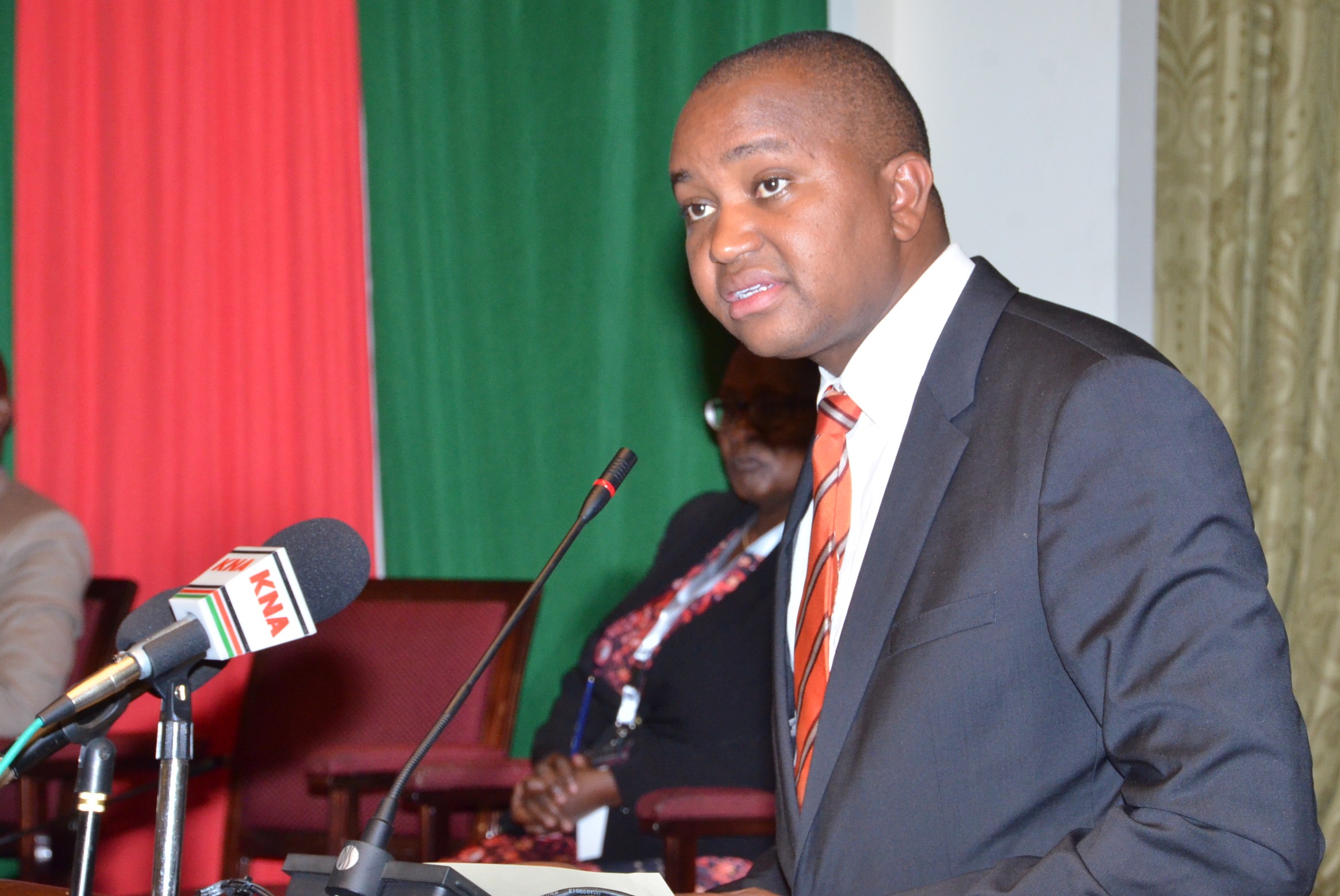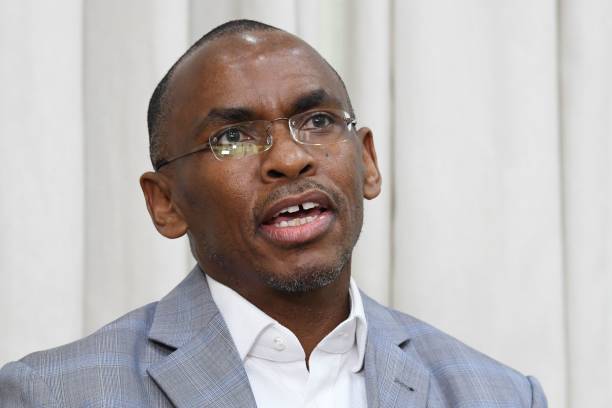KEMSA Chairman Irungu Nyakera has walked straight into a storm after his recent remarks defending Safaricom against Starlink’s entry into the Kenyan market.
In his statement posted on X, Nyakera urged the Communications Authority of Kenya (CAK) to protect Safaricom, citing its massive economic contributions, job creation, and community projects. But Kenyans aren’t having it.
While Nyakera praised Safaricom for contributing KES 983 billion to the economy and sustaining over 1.2 million jobs, Kenyans were quick to dismiss his claims as “sanitizing Safaricom’s monopoly and failures.” And they didn’t hold back.

KEMSA boss Irungu Nyakera during a past media presser. Photo: Tuko Source: Instagram
“Nyakera should focus on facts. Safaricom has been charging us sky-high data and call rates for years while delivering slow, overpriced internet,” one X user fired back.
Indeed, many Kenyans feel Safaricom’s dominance in the telecom space has allowed it to exploit customers without improving services.
But it doesn’t stop there. Safaricom has also faced serious accusations of compromising user privacy. Over the years, reports have emerged of Safaricom allegedly sharing call records and location data with authorities, enabling police officers to track, intimidate, and even abduct targets unlawfully.

Peter Ndegwa, Safaricom, Kenya’s leading communications company in Africa, Chief Executive Officer (CEO), speaks during an interview with AFP at the company’s headquarters in Nairobi on Septemer 11, 2020. – Safaricom is also the pioneer of M-PESA, the world’s most developed payment system. (Photo by Simon MAINA / AFP) (Photo by SIMON MAINA/AFP via Getty Images)
“Instead of hyping Safaricom, let Nyakera explain how call records are shared with police to harass innocent people,” another user wrote.
The frustration runs deep. For most Kenyans, Starlink offers a fresh alternative—reliable, affordable internet without the frustrations that come with Safaricom’s monopoly.
Nyakera’s attempt to frame Starlink as a “predator” and Safaricom as a national treasure didn’t land well.

Safaricom PLC CEO Peter Ndegwa poses for a photo. Source: Safaricom PLC/Facebook
Critics argue that defending monopolies under the guise of patriotism does nothing for the ordinary Kenyan who just wants affordable and fair services.
At the end of the day, Kenyans are clear: they don’t care who provides the service as long as it’s fast, affordable, and transparent. If Safaricom wants to win back public trust, it needs to clean its house—not hide behind Nyakera’s defenses.




